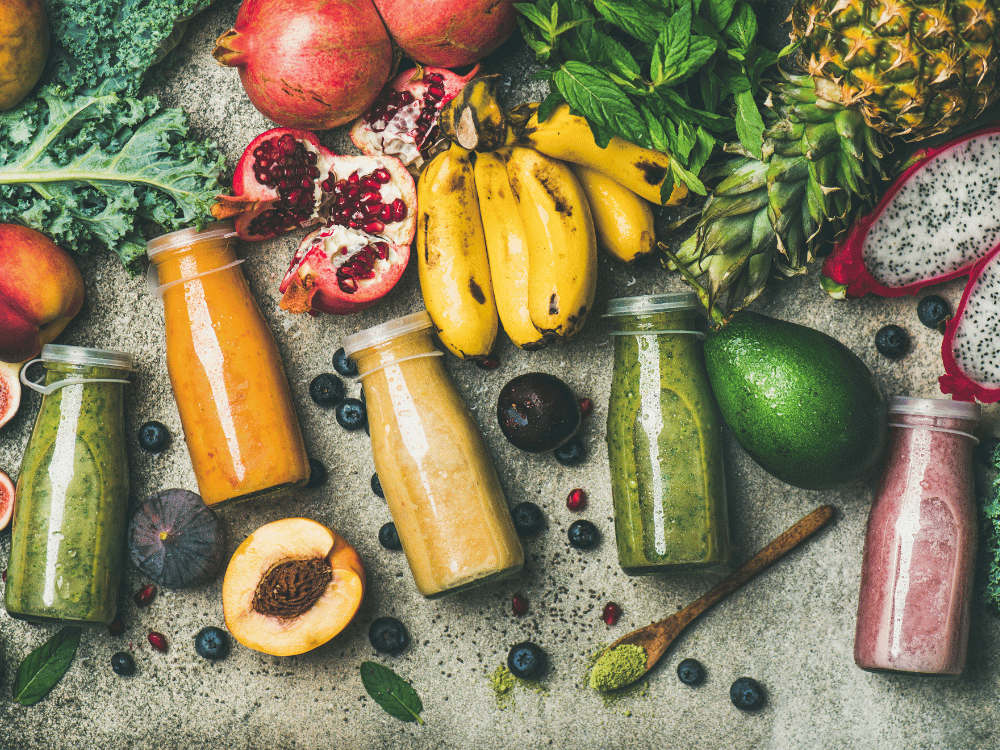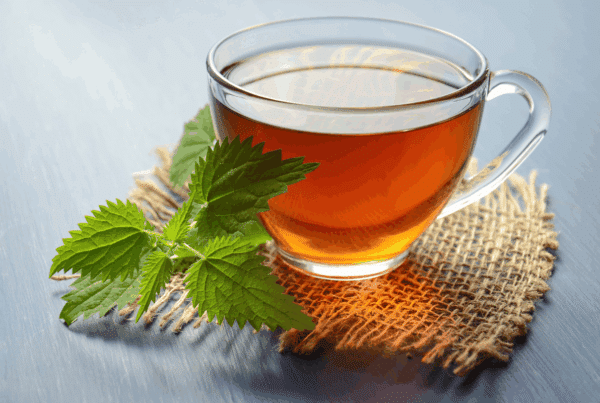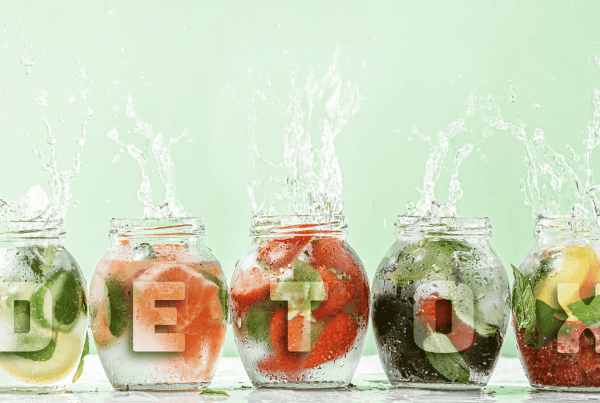Nutrition is a key factor in achieving top sports results. For athletes, nutrition is not only a means to satisfy the body's physical needs, but also a powerful weapon that can improve their energy, endurance and speed of recovery. This blog will explore in more depth how superfoods and nutrition in general can be critical to athletic success.
A proper diet provides the body with the nutrients it needs to function at an optimal level. For athletes, this means getting adequate amounts of protein, carbohydrates, fats, vitamins and minerals. Proteins are key to muscle recovery, carbohydrates provide energy for training and competition, while fats play a role in hormone regulation and overall health.
Energy is essential for every athlete. A diet rich in complex carbohydrates, such as whole grains, vegetables and fruits, can provide the long-lasting energy necessary for endurance during strenuous training and competition. In addition, hydration is a key part of an athlete's diet. Adequate water and electrolyte intake maintains fluid balance in the body and helps prevent dehydration.
When it comes to the recovery of athletes, nutrition plays a significant role. After physical exertion, the body requires nutrients to rebuild muscles, repair damaged cells, and reduce inflammation. Protein is key to these processes, and consuming high-quality protein after a workout can speed up recovery.
In addition, antioxidants from food, such as vitamins C and E, can help reduce oxidative stress and inflammation.
Athletes who carefully plan their diet have a significant advantage in achieving top sports results.
Superfoods and their benefits
Superfood is a key component of athletes' nutrition due to its extremely useful properties. Among the many superfoods that are especially useful for athletes, spirulina, goji berries, quinoa, avocado and others stand out, and their application can significantly improve sports performance.
Spirulina, for example, is rich in protein and essential amino acids, which is extremely important for muscle recovery and endurance of athletes. Also, spirulina is a source of iron, which helps maintain optimal oxygen levels in the body during physical exertion.
Goji berries are known for their high content of antioxidants, including vitamins C and A, which can help reduce oxidative stress after a workout. In addition, goji berries are a good source of fiber, which supports blood sugar balance and long-lasting energy.
Quinoa is a grain rich in protein, fiber and essential minerals. Athletes who include quinoa in their diet can expect improved endurance and faster recovery, thanks to its high protein content and minerals like magnesium.
Avocados are a source of healthy fats that support heart health and circulation. These healthy fats also help absorb vitamins and minerals from other foods, which is crucial for athletic performance.
These superfoods provide essential nutrients, support recovery, reduce inflammation and contribute to overall athletic success.
By including these foods in their diet, athletes can improve their performance and feel better during training and competition.
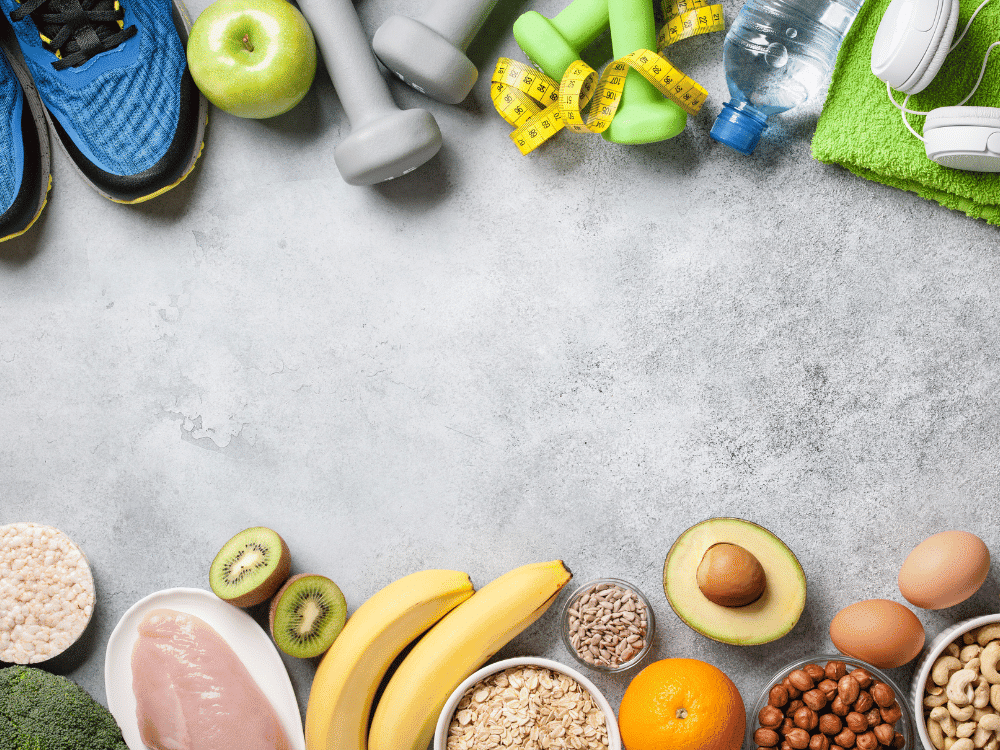
Proper hydration
Hydration is key to athletic success and the overall health of athletes. Athletes often lose large amounts of fluid during training and competition through sweat, which can lead to dehydration if not adequately replenished. In this context, superfoods play a significant role in ensuring optimal hydration.
Many fruits and vegetables are natural sources of water and electrolytes. Coconut water, for example, contains natural electrolytes such as potassium and sodium, which are crucial for maintaining electrolyte balance in athletes. Watermelon is also rich in water and electrolytes, making it a great choice for hydration before, during or after a workout.
Cucumbers are another crunchy option rich in water and electrolytes, while strawberries are a good source of water and vitamin C, which helps hydrate and reduce inflammation. Potatoes, although not usually associated with hydration, contain potassium which is useful for maintaining electrolyte balance.
Aside from fruits and vegetables, chia seeds are a superfood that can help hydrate athletes. These tiny seeds absorb large amounts of liquid and create a gel-like substance that can prolong hydration for a long period of time.
In order to achieve the best sports results, it is crucial to drink fluids regularly throughout the day and during training. Fruits, vegetables and superfoods are excellent allies in maintaining hydration and replenishing electrolytes that the body loses during physical exertion.
Optimal balance of proteins, carbohydrates and fats
Maintaining the right balance between protein, carbohydrates and fat in the diet of athletes is crucial for achieving optimal sports results. Each of these macronutrients has its own specific role in supporting athletic activity, and superfoods can be extremely helpful in maintaining that balance.
Proteins are essential for muscle growth and repair. Athletes require increased protein intake to support recovery after intense training and maintain muscle mass. Superfoods like quinoa, chia seeds and spirulina are high in protein and can be used as a healthy, plant-based alternative to meat or dairy.
Carbohydrates are the main source of energy for athletes. Properly selected carbohydrates, such as whole grains, fruits and vegetables, provide long-lasting energy that is necessary during training and competition. Superfoods like bananas, sweet potatoes and quinoa can be rich in these vital carbohydrates.
Fats, especially healthy unsaturated fats, play a key role in maintaining hormonal balance and support the absorption of certain vitamins. Superfoods like avocados, nuts, and olive oil can provide the healthy fats that athletes need.
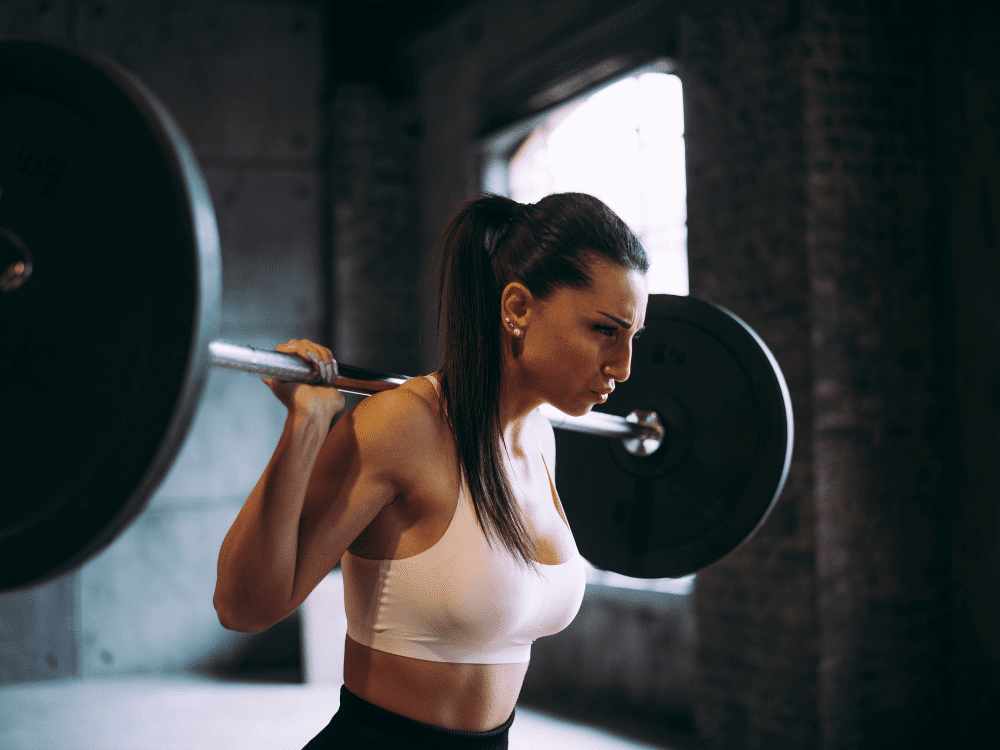
Meal planning for athletes
Meal planning for athletes is a key aspect of achieving peak athletic performance. With proper nutrition, athletes can achieve their maximum energy, endurance and recovery during the various phases of training and competition.
Preparation and period of intensive training
During this phase, athletes need more calories and protein to support muscle growth and recovery. Superfoods like quinoa, nuts, and goji berries can provide essential nutrients and antioxidants that are key to recovery.
Pre-competition phase
The day before competition, athletes should consume meals rich in complex carbohydrates, such as whole grains and fruits, to replenish glycogen reserves and provide energy for tomorrow's efforts. Superfoods like bananas and sweet potatoes can be great sources of quick carbs.
Competitive phase
On the day of the competition, the diet should be light and easily digestible to avoid gastrointestinal problems. Fruits and vegetables, as well as superfoods like chia seeds, can provide quick energy without feeling heavy.
Recovery phase
After competition or intense training, athletes need meals rich in protein and nutrients to support faster recovery. Superfoods like spirulina and avocado can help rebuild muscle and reduce inflammation.
Daily diet
Athletes should regularly include superfoods in their daily diet. This can include natural sources of protein, complex carbohydrates and healthy fats to maintain balance and a constant source of energy.
Proper meal planning for athletes requires an understanding of the specific nutritional needs during the various phases of the athletic cycle. The integration of superfoods can significantly improve the nutrition of athletes, contributing to their sports performance and overall health.
Supplementation and superfoods
Supplementation and superfoods are often used in the nutrition of athletes to improve athletic performance and recovery. However, it is important to understand the difference between the two options and be aware of the potential risks and benefits.
Supplementation refers to taking nutritional supplements, such as vitamins, minerals, amino acids or herbal extracts, in the form of pills, capsules or powders. This can be useful when athletes cannot get enough of certain nutrients from their meals or when there is a specific need for increased intake of certain substances. However, excessive supplementation can have harmful effects, including unwanted side effects and nutritional imbalances.
Superfoods, on the other hand, refer to natural foods that are extremely rich in nutrients such as vitamins, minerals, antioxidants, and fiber. These nutrients are present in their natural form, which makes them easier to digest and with less risk of side effects. Superfoods like broccoli, spinach, blueberries, nuts and more have proven benefits for overall health and athletic performance.
The key advantage of superfoods over supplementation is that the nutrients are taken in their natural form, with the addition of other beneficial substances such as fiber and phytonutrients. In addition, superfoods can easily be integrated into everyday meals, which is a healthier and more sustainable approach to nutrition.
While supplementation may have its place in an athlete's diet, superfoods provide natural sources of nutrients with less risk. It is important for athletes to be aware of the potential dangers of oversupplementation and to rely on a varied diet that includes natural sources of superfood nutrients to enhance their athletic performance and maintain health.
Examples of sports nutrition plans
Nutritional planning is critical to achieving optimal athletic performance, but different disciplines require different nutritional approaches to meet specific nutritional needs.
Here are specific examples of sports nutrition plans for several different types of athletes:
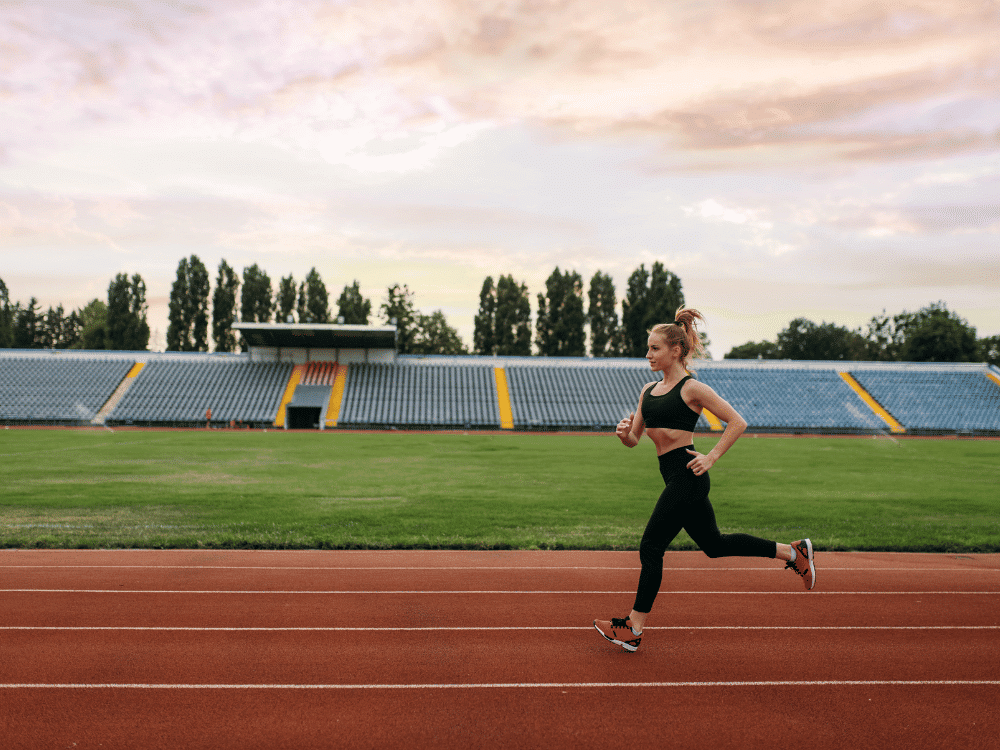
Nutrition for runners
- Breakfast: Oatmeal with bananas and almonds, a cup of fresh orange juice.
- Snack: Greek yogurt with honey and strawberries.
- Lunch: Chicken with mixed vegetables (broccoli, carrots, spinach) and brown rice.
- Snack: Avocado sandwich with tuna.
- Dinner: Salmon with potatoes and broccoli, tomato and cucumber salad.
- After training: Whey protein shake.
This plan focuses on complex carbohydrates for energy during race training, protein for muscle recovery, and healthy fats from avocados and almonds for general support.
Nutrition for bodybuilders
- Breakfast: Oatmeal with whey proteins and berries.
- Snack: Bananas and almonds.
- Lunch: Chicken with integral pasta and vegetables (broccoli, peppers, carrots).
- Snack: Greek yogurt with protein powder.
- Dinner: Salmon with quinoa and kale.
- After training: Protein shake.
Bodybuilders require a high protein intake to support muscle growth and strength. Also, complex carbohydrates from whole grains and vegetables contribute to energy.
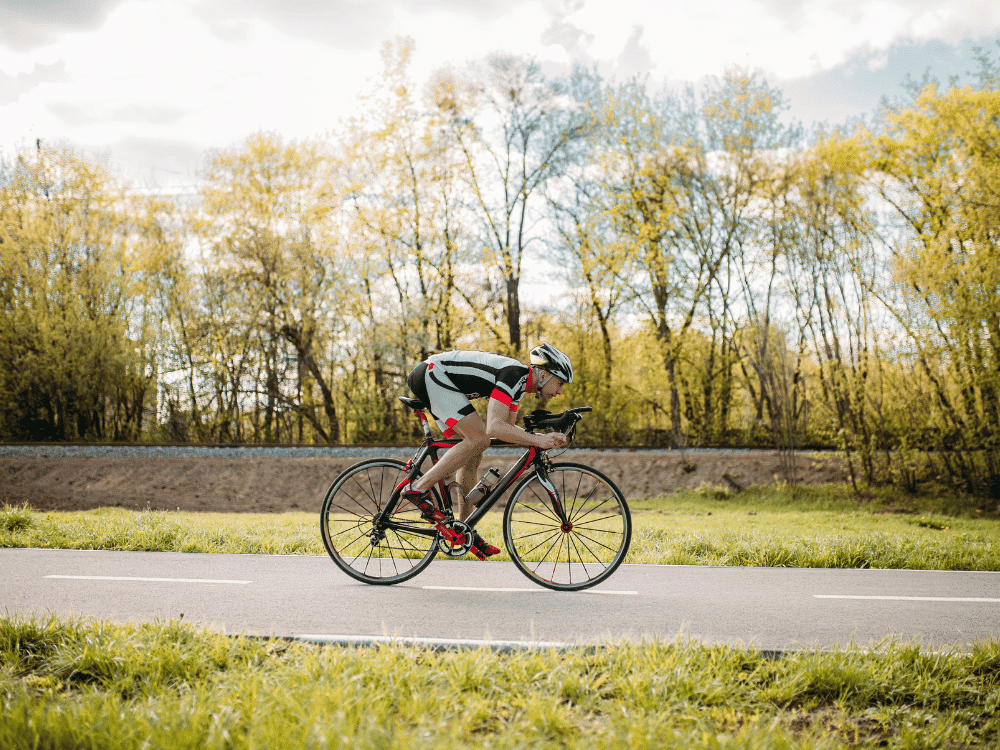
Nutrition for cyclists
- Breakfast: Integral pancakes with almond butter and fruit.
- Snack: Low-fat Greek yogurt with honey and nuts.
- Lunch: Chicken salad with couscous, tomatoes, and spinach.
- Snack: Bananas and nuts.
- Dinner: Tuna steak with quinoa and roasted vegetables.
- After training: Protein shake with fast carbohydrates (fruit juice).
Cyclists need endurance during long rides, so this plan includes complex carbohydrates, protein for recovery, and fruit for quick energy.
Nutrition for team sports athletes
- Breakfast: Whole grains with milk and bananas.
- Snack: Fruit salad with Greek yogurt.
- Lunch: Chicken with a mixture of vegetables and whole grains.
- Snack: Sandwich with chicken and vegetables.
- Dinner: Salmon with potatoes and roasted vegetables.
- After training: Coconut water and energy bars.
Athletes in team sports need a combination of energy, protein and healthy fats for overall endurance and speed of recovery.
Each nutrition plan is adapted to the specific needs of athletes and the requirements of their discipline. These are just examples, but any sports nutrition plan should be personalized to meet the individual needs of the athlete, including physical activity level, goals, body weight and other factors.
Proper nutrition, including superfoods, can significantly improve athletes' energy, stamina, and recovery. We emphasize that a balance between protein, carbohydrates and fat is key, and superfoods can be useful in maintaining that balance in an athlete's diet.

